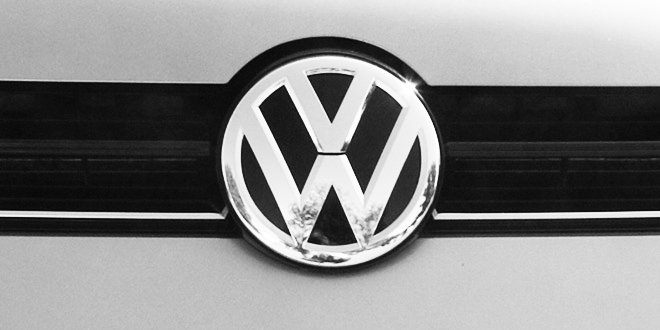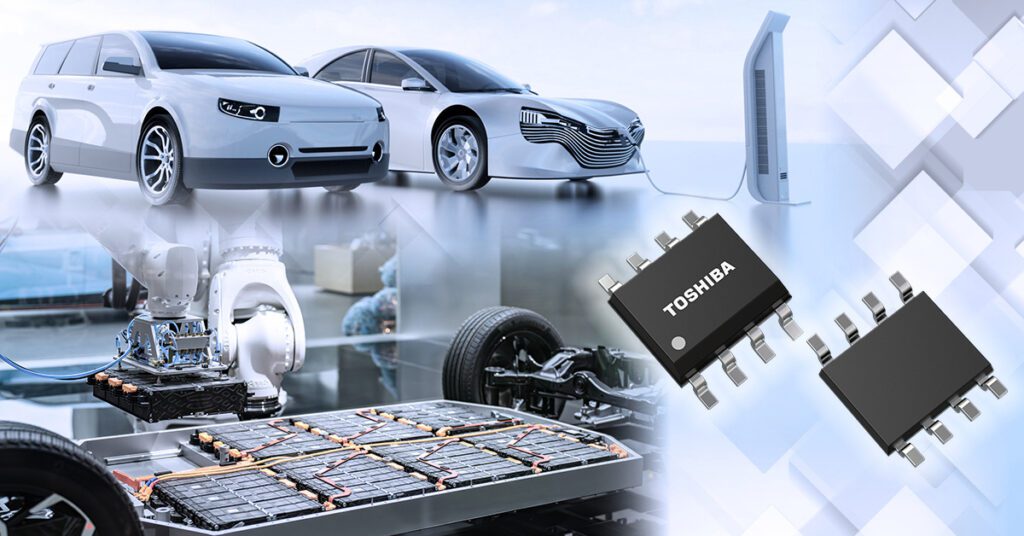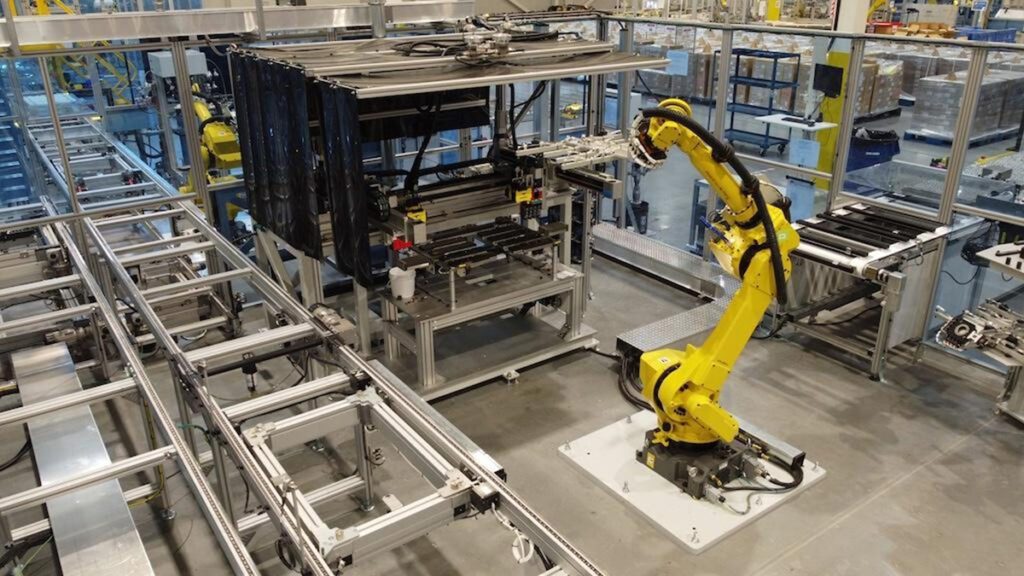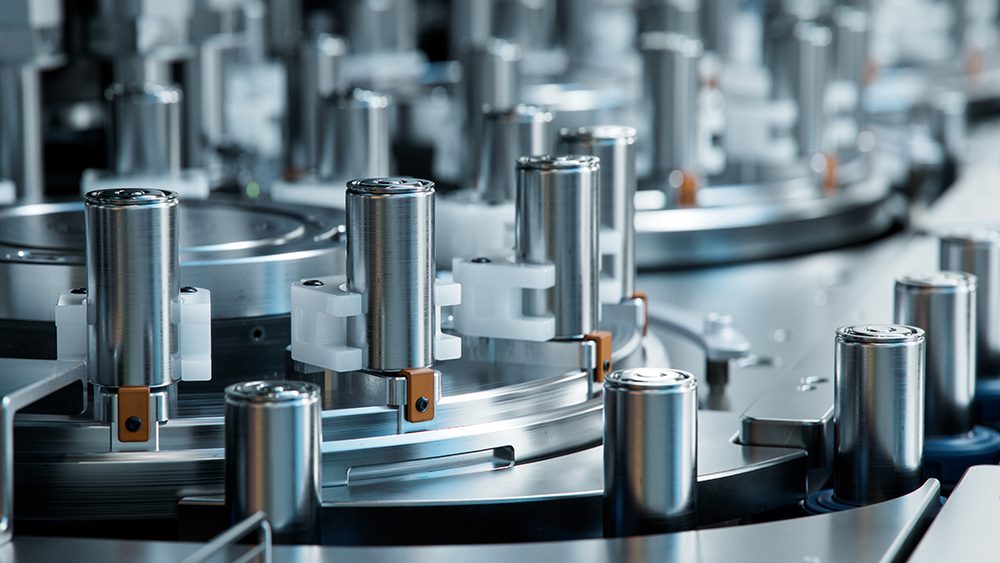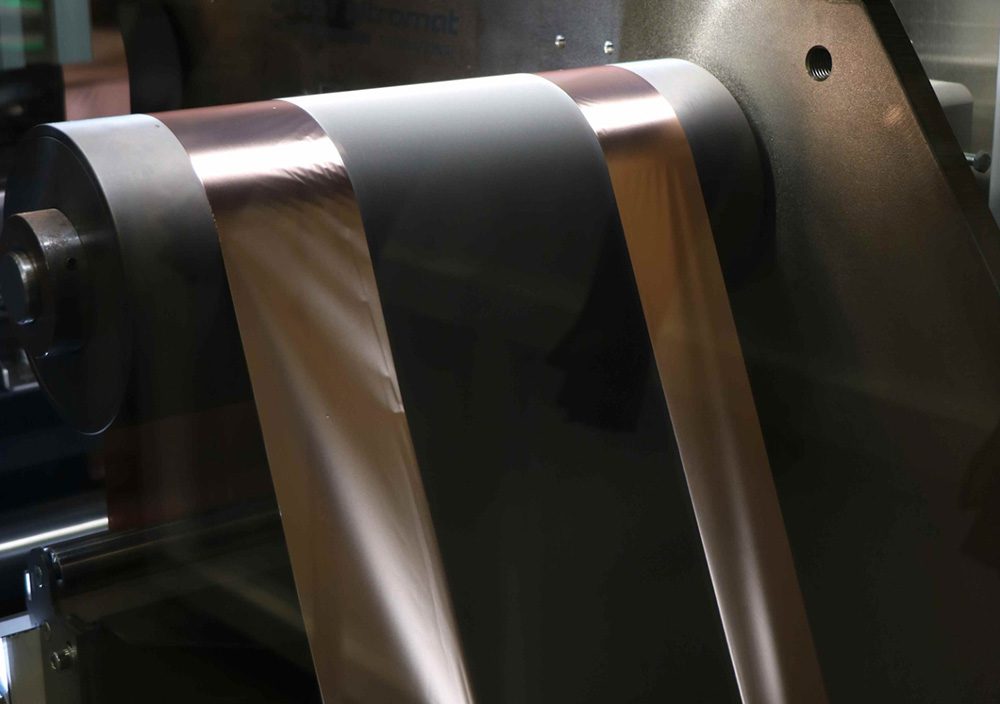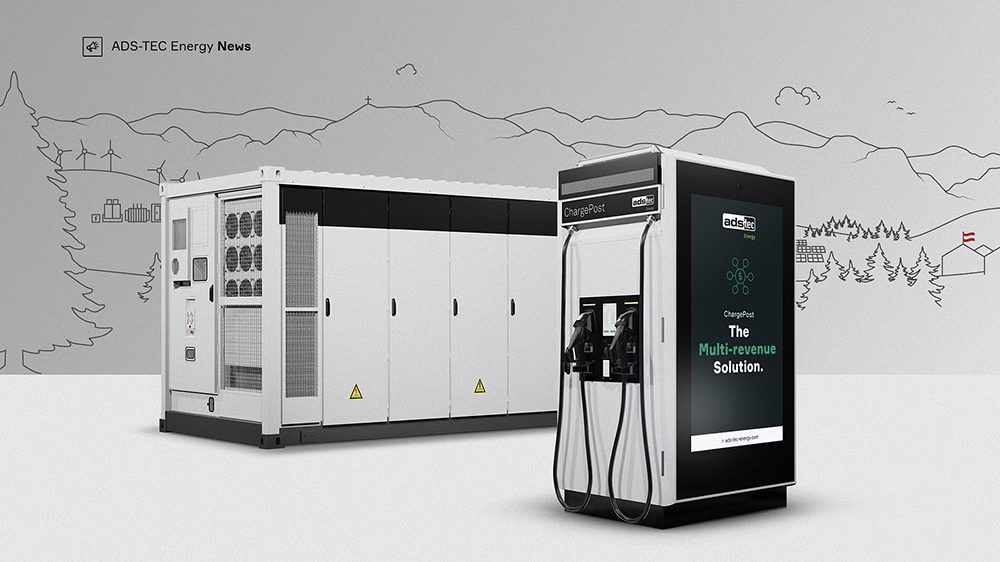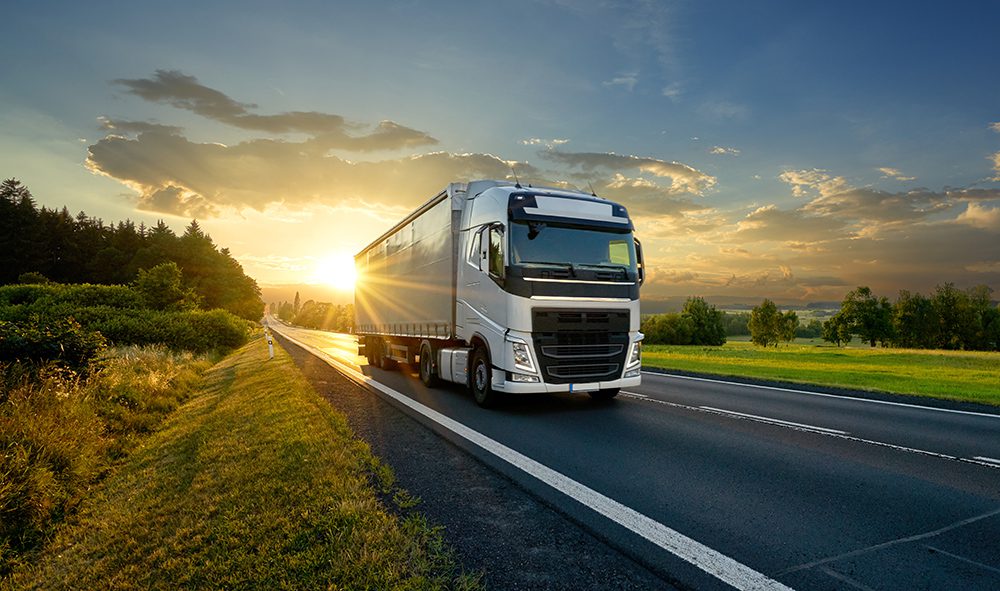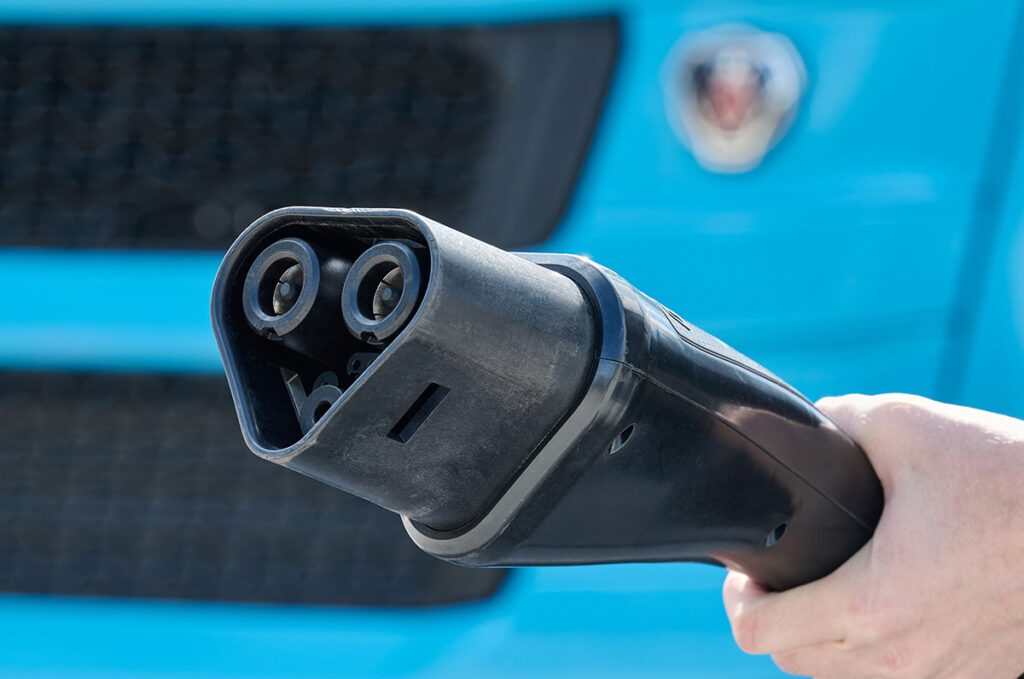Even as it insists that Europe should be a leader in electromobility, Volkswagen is collaborating with oil giant Shell to argue that EU planners should rely heavily on biofuels to meet proposed emissions targets.
Executives from the two industrial giants recently released a study that proposes greater use of biofuels as an alternative to increasing fuel efficiency standards.
According to EU sources cited by The Guardian, the package VW and Shell are proposing would mean the end of meaningful regulatory action on car emissions for more than a decade.
In the Guardian’s view, the new study, “Integrated Fuels and Vehicles Roadmap to 2030+,” written by Munich consulting firm Roland Berger, relies on pessimistic assumptions about the costs of fuel efficiency improvements, and optimistic ones about greenhouse gas emissions from biofuels. A recent EU study found the dirtiest biofuels three times more polluting than diesel.
Ulrich Eichhorn, VW’s head of R&D, said that more efficient vehicles were “building blocks” for the future, but that “higher shares” for biofuels would be needed in the meantime. He told a meeting in Brussels: “Modern diesel and natural gas engines will absolutely be required to deliver CO2 targets until 2020 and they will also contribute to further reductions going on from there.”
Dutch oil giant Shell, which has invested heavily in Brazilian ethanol, thinks governments should be subsidizing biofuels. “Liquid fuels will remain essential…as internal combustion engines are expected to continue powering most transport for many years to come,” said Shell’s VP for Downstream Strategy, Colin Crooks. “New fuels will require financial support from governments to support technology development and reduce investment risk.”
Source: The Guardian







